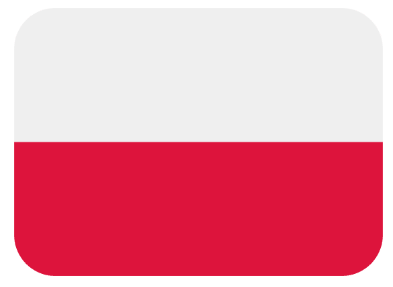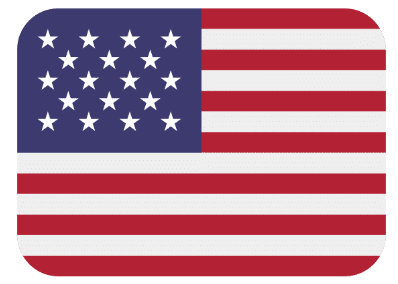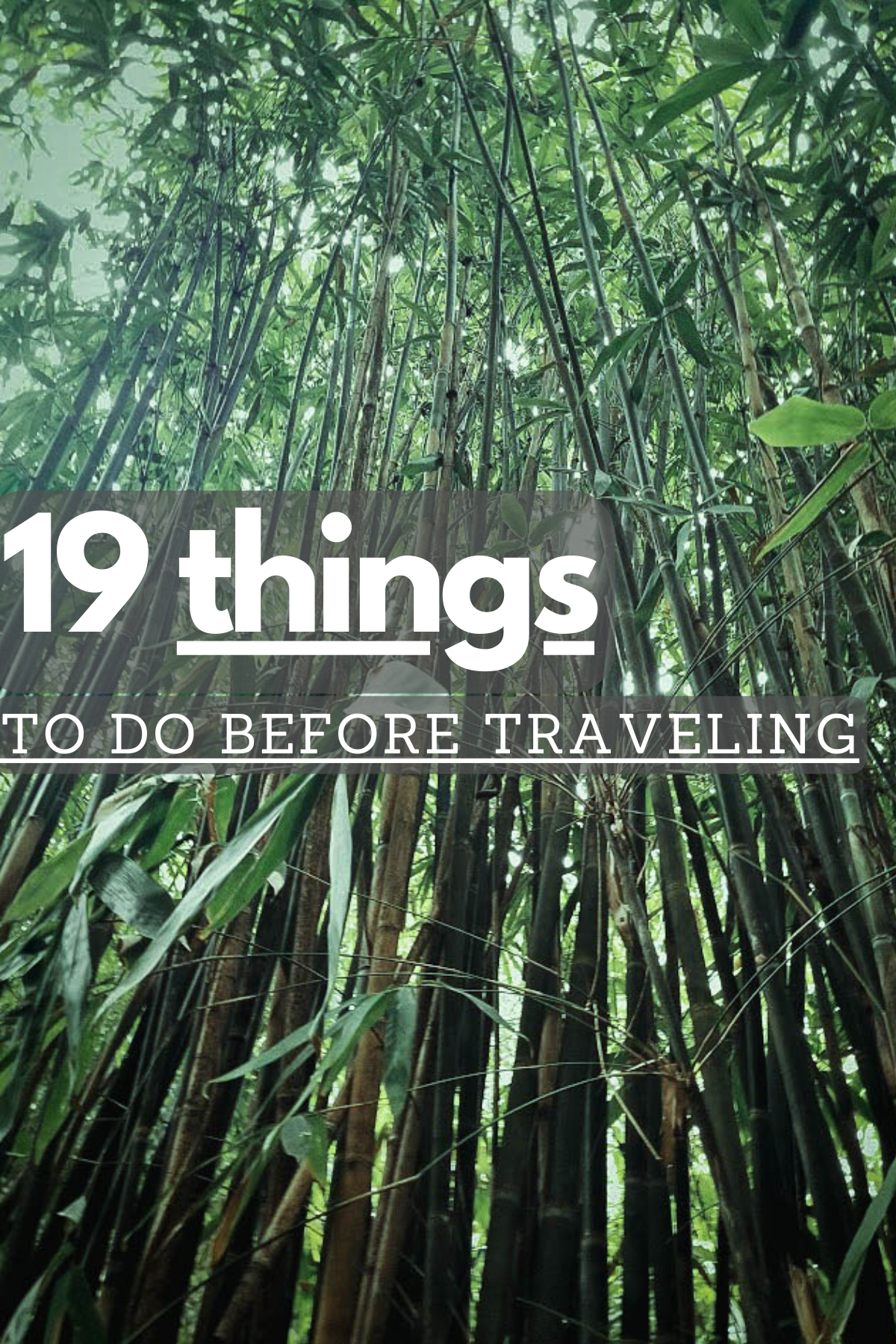Scheduling a trip, what, where, how and how much is it for?
Traveling pushes us outside our comfort zone in the best possible way. There will always be concerns about flights, accommodations, public transportation, food,but trust me – it’s worth the risk.
You can experience life, in ways you probably didn’t think possible.
Here, I wanted to list 19 points that are important before planning a trip.
Some things seem so obvious to us, that we don’t even check them before the vacation. For example: it’s a good idea to make sure what the expiration date of your passport is, so you don’t freak out later.
English

1 – Check the expiration date of your documents
As I mentioned – make sure that your passport, ID card, driver’s license, bank cards and other documents do not expire during your stay abroad. Most countries won’t let you in if your passport expires in less than six months (different countries have different restrictions, it’s best to check on the country’s government website).
Remember that it takes several weeks to renew your documents, so do it at least one month before you leave.
2 – Email yourself (and your travel companion) and print out the most important documents
Scan your documents (passport, visa, driver’s license, ID card), email them to yourself and print copies. In case of theft, the renewal process will go faster. Remember to keep originals and copies in different places.
3 – Prepare your visa
Check whether a visa is required in the country you are going to. If so, search for information (preferably on a government website) on how to get one. Some visas can be obtained at the airport immediately upon arrival in the country. However, I recommend applying for them sooner, even before departure (if required).
4 – In Case of Emergency
This point mainly applies to solo travelers.
Share places with your family/friends, let them know where you are staying at the moment and what your plans are for the next few days. If you’re traveling solo, set up a wallpaper on your phone while locking with In Case of Emergency (ICE) + the phone number of a trusted person (who speaks English), in case you lose your phone or have any kind of accident.
5- Have screenshots of your hotel address or printed reservations ready
This applies not only to accommodations, but also to airline tickets, attraction tickets, bus tickets and more. You never know when you may run out of internet/bandwidth.
6 – International driver’s license
If you’re going to rent a car, check whether an international driver’s license is required there.
7. Travel insurance
Health, luggage, trip cancellation coverage. When choosing insurance, define your requirements and choose the ideal company based on that. You can compare offers using online comparison sites. Also remember to pay attention to the scope of coverage and exclusions of liability.
Have your phone number and insurer’s details always at hand, during a hospital stay, contact your insurer first to ask if they will cover the costs of a hospital visit/surgery or other emergency.

8 – Get vaccinated
Find out if you need vaccines by visiting the official website of the World Health Organization.
Remember that some vaccines need to be taken a few weeks before your trip. And others – are valid for several years (for example, the typhoid vaccine should be repeated every 3 years – depends on the manufacturer of the drug).
9 – Take sunscreen lotions/creams with you
To avoid sunburn, I would recommend buying sunscreen lotion at home. Two pluses:
*you won’t have to search locally for a store to get it.
*you’ll save a lot of $$ buying the cosmetic in your country (e.g. in Poland)
(mhm, verified info. Who wants to spend 15 euros for 30 ml of sunscreen?)
10 – Payment card
I recommend Revolut or Curve, irreplaceable!
In the case of Revolut, it has more than 30 currencies of the whole world. The Standard plan is free, with a free card. It’s enough that you have any funds in your account, e.g. PLN, because even if you don’t have money in your account in a given currency (abroad) and you pay with funds in another currency, Revolut won’t count the margin for currency conversion (it only does it on weekends, and the margin is 1%, which is still a favorable option).
What else is important – up to 5 free ATM withdrawals or PLN 800/£200 per month. After that, a fee is charged, and it is 2% of the amount withdrawn, subject to a minimum fee of PLN 5/£1 per withdrawal.
Curve is a card that allows favorable currency exchange on the go and is virtually maintenance-free. It allows me to use all my accounts through just one card. Curve offers good exchange rates (so it has great potential for travel) and it works automatically.
What’s even cool is that Curve allows us to “turn back the clock.” – we can change the account from which funds are drawn, even 30 days after the transaction. Everything happens without our bank having to intervene – all we have to do is click on the appropriate places in the app.
When you pay with your Curve card, the app checks which of the accounts you added is currently set as the main account and draws funds from it.
The Curve card is issued by Mastercard. You can use it to pay at stationary points, online and withdraw cash from ATMs. If you pay abroad, there is a currency conversion at the most favorable interbank rate for the customer – just like in Revolut.
11 – Local currency
Also check the ATM fees (Revolut or Curve don’t charge fees, but each ATM has its own rules, as it is some ATMs that may charge themselves a commission on cash withdrawals) and exchange some cash, you can’t always and everywhere pay by card.
And if you already have cash, bury it in at least 2 different places (in case of theft).
12 – Familiarize yourself with airline baggage restrictions
Find details of restrictions before you start packing, or even before you buy the tickets themselves. Limits on weight, size. I myself noticed that sometimes the weight of luggage differs between the flight to (23kg) – and – back (19kg).
13 – Adapters?
Find out if you will need an adapter, what voltage is present in your devices. Of course, adapters can also be bought locally, and some contacts in hotels have a USB input.
(If you travel a lot, you can get one universal adapter, the ends of which will work in most countries)
14 – Download offline maps
When I travel, I usually use two map apps: Google Maps & HERE WeGo. I recommend downloading a map in case you have average internet or even no internet, which has been known to happen.
15 – Look at the weather forecast
This will certainly make your packing easier. I know that very often the forecasts don’t work out, however, but from the average temperatures you can deduce whether to take five sweatshirts or whether one is enough.
16 – Sign up for groups on FB related to your destination country/city
In such groups you will find a great deal of tips, recommendations. Search under keywords such as: #Malaga #PolandMalaga #Malagatravel.
Thanks to such groups, more than once I learned about pkp strikes, rainstorms, events etc. I recommend!
17 – Check access to and from the airport + local transportation fees in general
Choose the best way for you to get out of the airport.
More expensive does not always equal the fastest. In many cities, there are subways, where you will bypass traffic jams efficiently.
Are you already at your hotel? Find out how to get around the city most conveniently. I, when checking my commute, 99% use Google Maps.
18 – Plan activities
Even if you want your outing to be spontaneous, it’s fun to look around beforehand to see what the city has to offer. Check out recommended pubs, cafes, find local places. I myself love to walk around the city aimlessly, “get lost” in the streets. Nevertheless, I google beforehand to see if there might be an attraction that will be on my list to visit.
The second thing is tickets. If you have already fallen for a ticketed attraction, check if you need to buy tickets in advance. There are many places where it turns out right on the spot that tickets for the whole day are already sold out. No one wants such a disappointment.
In Tokyo, you even have to make reservations for cafés months in advance, and in some places you can only make reservations on a particular day of the week at a certain time.

19 – Prepare your home
We have a lot of plants at home, and while they can manage during a week-long vacation, during longer absences I always have to make sure someone shows up at our house to take care of the green creatures. Water dispensers for plants are also a good way.
Clean the house – do you know how good it is to come home to a cleaned house? When packing, there’s a lot of clutter, stuff banging around, out of place. Take those 15 minutes and satisfaction when your return is guaranteed.
(Remember to take out the trash and clean the inside of the refrigerator!)
I think these points are such a basic base of things we need to keep in mind. Every country has different rules and different ways of traveling. My practice for making a plan, is to browse other blogs, vlogs. Taking your time and planning your trip fairly early will maximize variety and reduce your budget.
There is no one right way to travel. And instead of rigidly sticking to guidebooks, go where you spot something of a nice nature. Pick your own places, even little known ones, don’t tick off more churches and museums if you’re ignorant on the subject, why bother? Travel for yourself.
Good luck!






Leave a Reply